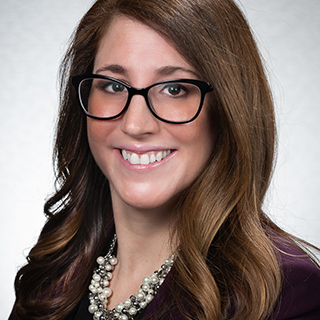Quick Links

Corporate Taxes And Public Transportation: Debate Rages In New Jersey
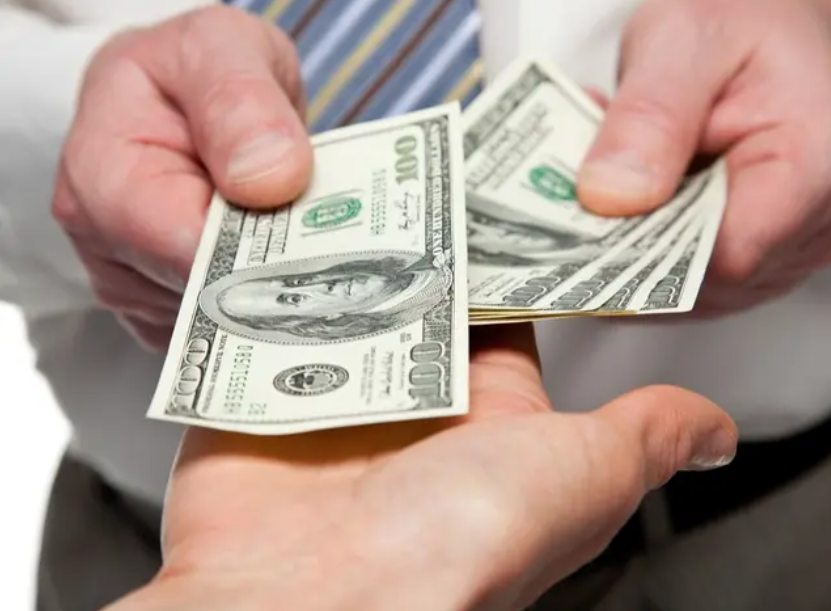
NEW JERSEY — Should New Jersey raise taxes on the state’s wealthiest corporations to pay for public transportation? That’s the ongoing debate that is ruffling feathers in the Garden State this week as business lobbyist groups continue to push against the controversial proposal – and social justice advocates continue to cheer it on.
During his 2024 budget address, Gov. Phil Murphy announced that state officials are proposing the creation of a “new” 2.5 percent tax on businesses that earn more than $10 million per year. It would create a dedicated funding source for the cash-strapped NJ Transit, which is planning a 15 percent fare hike for commuters to cover a sprawling shortfall. See Related: Controversial New Tax On Wealthy Corporations Proposed In New Jersey
On Tuesday, a group of business leaders held at a news conference at the New Jersey Business and Industry Association (NJBIA) headquarters in Trenton to rally against the proposal and call for state lawmakers to reject it.
“The greatest danger from Gov. Phil Murphy's proposal to raise corporate taxes to the highest in the nation is not necessarily that major legacy companies in New Jersey will leave – though some might,” the NJBIA said.
“Rather, the bigger threat is that the slow drip of companies already making workforce, research and facility investments in other states will turn into a torrent,” the group added.
According to NJBIA president Michele Siekerka, companies that have been headquartered in New Jersey a long time are not likely to close their doors immediately. But when that company has its next opportunity to create jobs or build a new facility, they will look to do it in a more tax-friendly and affordable state, she argued.
Lori Roth, co-managing partner of the Prager Metis accounting firm and the vice-chair of NJBIA’s board of trustees, criticized a provision in the proposed tax hike that would make it retroactive to Jan. 1, which is “extremely problematic” for the nearly 600 major corporations that would be impacted.
“These businesses were told time and time again that as of Jan. 1, 2024, the 2.5 percent surcharge was going away,” Roth said, referring to a previous “surcharge” on top of the state’s standard 9 percent tax, which sunset earlier this year.
“Now, should this proposal go through, that tax is back – and that is something unplanned and unbudgeted for,” Roth added.
It isn’t only big businesses that will be hit hard, Roth said: their shareholders and retirement plans that invest in them will also suffer.
Christina Renna, president and CEO of the Chamber of Commerce of Southern New Jersey, said the proposed tax was an especially “bitter pill to swallow” for South Jersey companies.
“These larger businesses are being asked to pay a 2.5% fee on top of the 9% corporate business tax they're already paying, to pay for a public service that they do not use and that their employees do not use,” Renna said, referring to NJ Transit.
The NJBIA has launched a website to advocate for their position, which can be seen here.
‘BIG BUSINESSES DON’T WANT TO PAY THEIR SHARE’
In the wake of Tuesday’s news conference, advocates who have been pushing to raise the corporate tax rate accused business lobbyists of “showing their true colors” by opposing a “highly targeted tax” on multinational companies like Amazon and Walmart.
They included Eric Benson, a campaign director with For The Many NJ, a coalition of more than 40 organizations that are trying to “expand funding for essential services” and “communities that have been historically marginalized.”
“The Corporate Transit Fee would only apply only to businesses that earn more than $10 million in profits each year, representing the top 1 percent of corporate filers in the world,” Benson argued.
“These are the same giant corporations that benefited from the Trump tax cuts, and they’ve been raising prices on consumers and soaking up record profits ever since,” he continued. “It’s not a surprise that big businesses don’t want to pay their fair share, but it’s incredibly tone deaf for them to say this a week after working families all filed their taxes and paid what they owe.”
Benson continued:
“There’s no reason to think that the corporate transit fee will hurt businesses, especially since these same companies saw their profits skyrocket while the corporate surcharge was in effect. Now that their tax cut is in jeopardy, corporations and their lobbyists are complaining that they shouldn’t have to pay for the public infrastructure that they benefit from. The organizations that make up our coalition, along with a majority of New Jerseyans, beg to differ. It’s time that these dollars earned off of our labor and spending go towards public investments we need like NJ Transit, not the pockets of shareholders and executives.”
A recent Fairleigh Dickinson poll found that 54 percent of New Jersey residents would support restoring a corporate tax surcharge and dedicating the revenues to NJ Transit. About 29 percent of respondents said they would not support it.
‘RAISING TAXES OF ANY KIND IS CRAZY TALK’
Progressive groups like For The Many NJ weren’t the only ones to speak out in the wake of Tuesday’s news conference.
New Jersey Assemblyman Brian Bergen challenged the NJBIA’s policy positions and attacked its advocacy efforts, zeroing in on what he said was a suggestion to increase the state sales tax rate to 7 percent as a solution to NJ Transit’s budget deficit.
“In a time when people are struggling, raising taxes of any kind is crazy talk,” said Bergen (NJ-26).
“The sales tax in particular affects every person and has a disproportionate impact on lower income families,” Bergen said. “Anyone who thinks this is a good idea should have their head examined.”
The NJBIA put out a clarification on Wednesday, saying that some reports and pundits were mischaracterizing their suggestion:
“Following a press conference on the impacts of a proposed 2.5% Corporate Transit Fee on Tuesday, there were a few reports indicating the NJBIA was supporting an increase of New Jersey sales tax as a funding source for the proposed tax on business. In statements made to the press, however, NJBIA President and CEO Michele Siekerka was speaking of a best option of dedicating a portion of existing, organic sales tax growth without a tax increase.”
While there was discussion of a previous 7 percent sales tax in New Jersey during the press conference, compared to the current rate of 6.625 percent, the NJBIA did not call for a sales tax increase, spokespeople said.
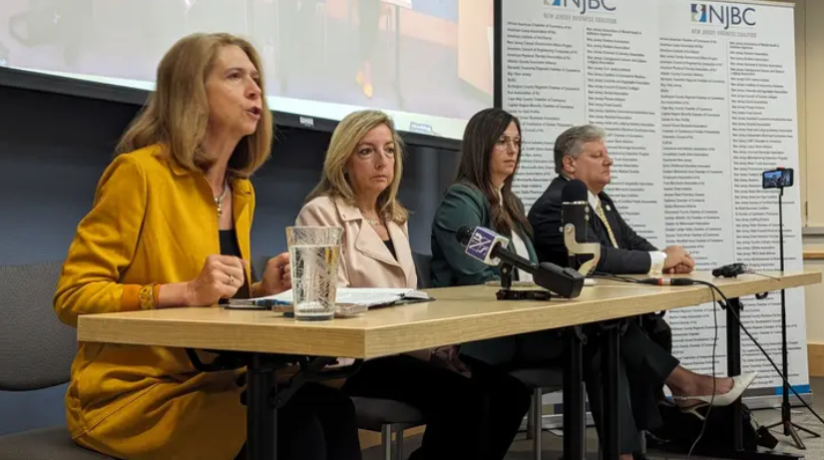
Additional Info
Source : https://patch.com/new-jersey/montclair/corporate-taxes-vs-public-transportation-debate-rages-new-jersey



